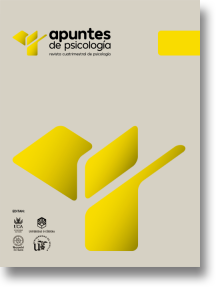Childhood, television and violence: psychological approaches for analysis
DOI:
https://doi.org/10.55414/8s5a1q24Keywords:
television, violence, effecst of television, telvision skills, ecological-mediational model, television narrativesAbstract
In this article we review three models to be considered in the analysis of the relationships between childhood, television and violence: the effect model, which presents television as a powerful medium that many children lack means to counteract; an alternative group of perspectives which present spectators as subjects who develop specific cognitive skills to understand television language and to satisfy their needs through television, and finally, the ecological or mediational model, which presents television as a symbolic mediator that interacts with other mediational means, and that has an enormous power in creating children’s representations of the world. After this review, we point out some interesting areas of research and intervention for future research and intervention: 1) increase in knowledge of television contents; 2) education of children in skills useful for watching television, and 3) reorganization of social resources in order for boys and girls to satisfy, in their social context, the needs television is substituting.
Downloads
References
.
Downloads
Published
Issue
Section
License
Copyright (c) 2022 APUNTES DE PSICOLOGÍA

This work is licensed under a Creative Commons Attribution-NonCommercial-NoDerivatives 4.0 International License.


















